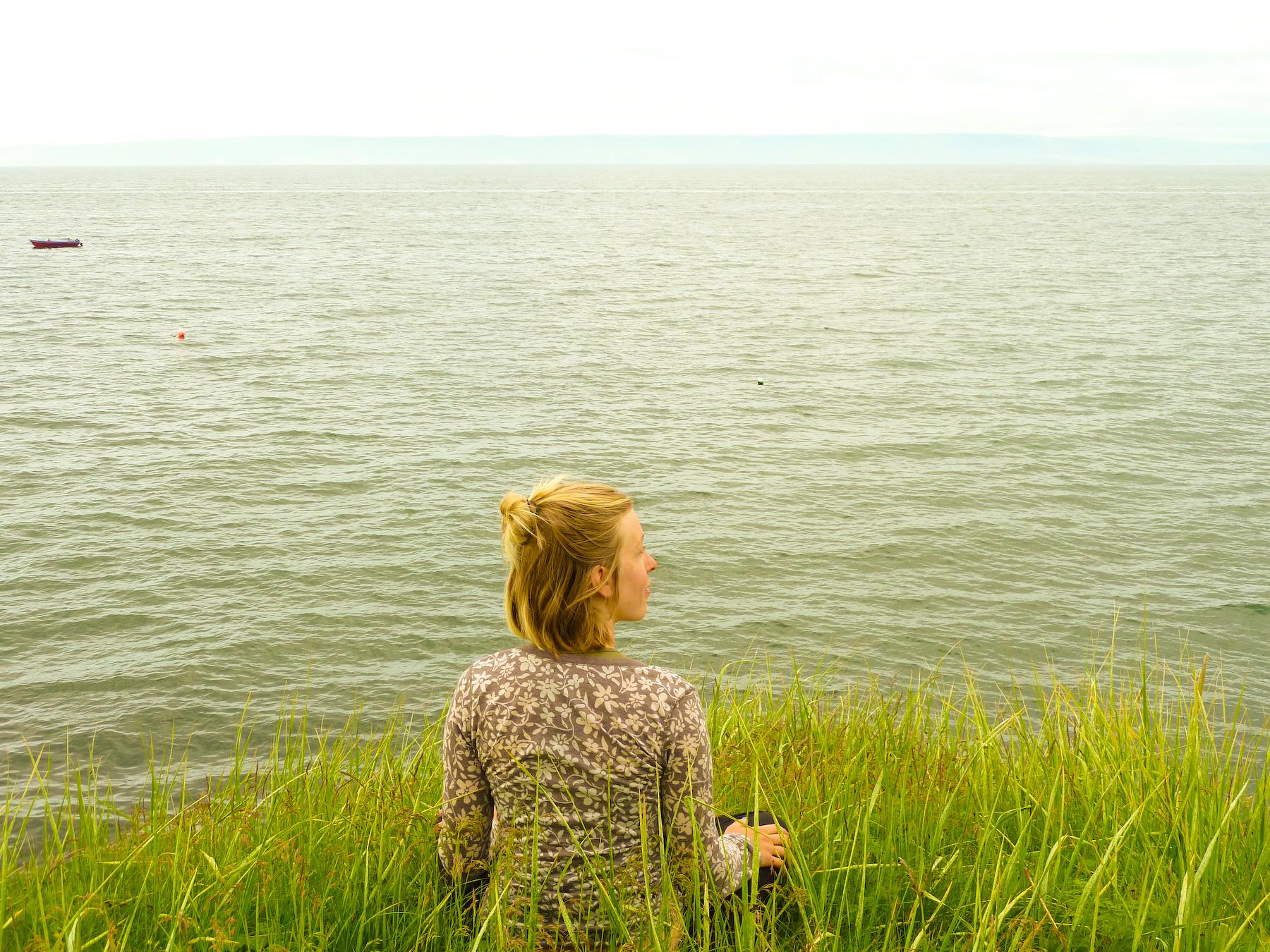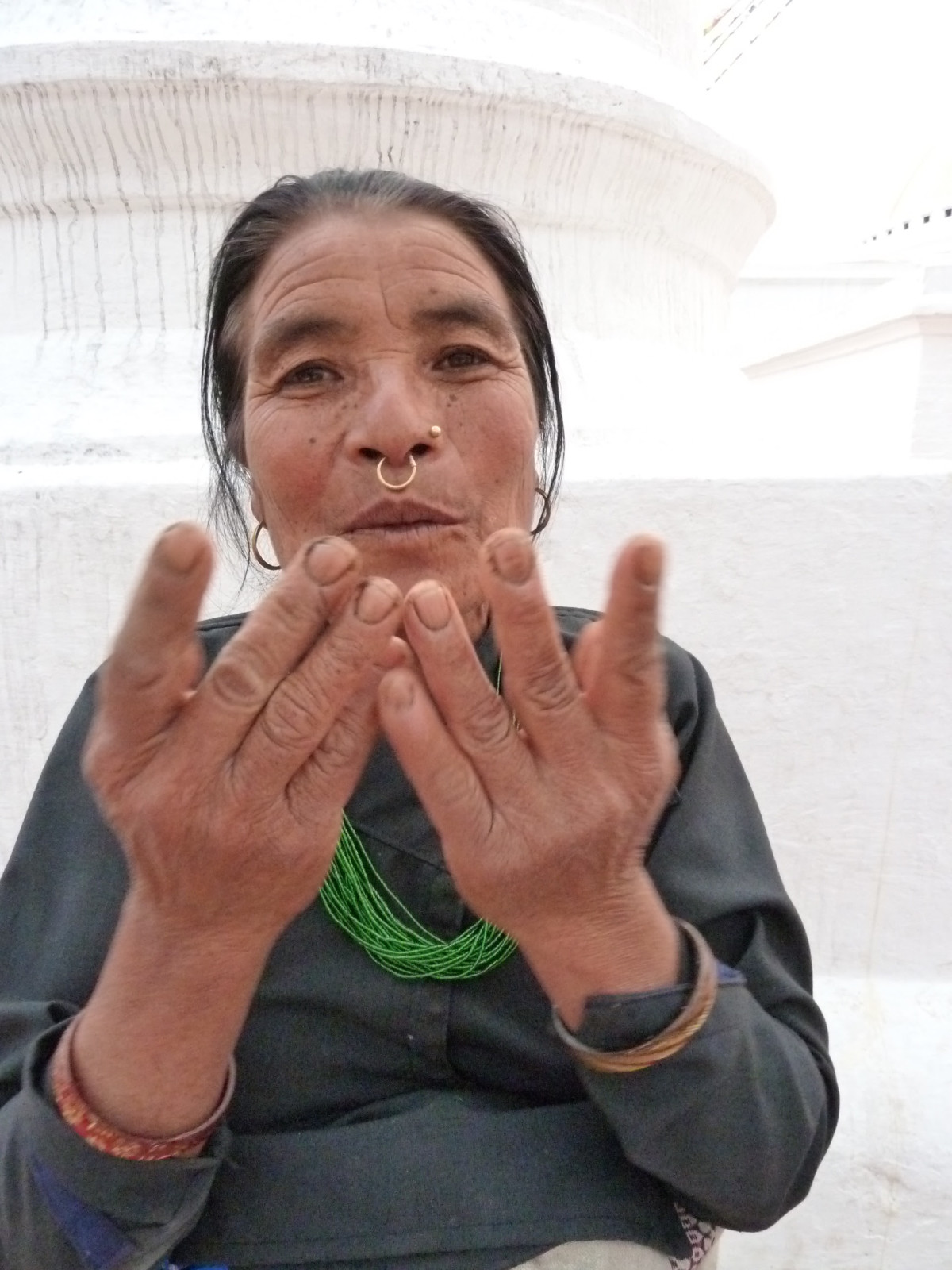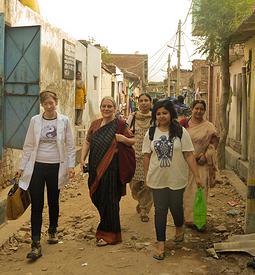Interview by Emma Sartwell
August 1-7, 2019, Mindi Counts, founder of Inner Ocean Empowerment Project, and Katie Asmus, founder of the Somatic Wilderness Therapy Institute, will lead an intimate group of non-binary and women-identified seekers on the Wild Women’s Quest: a time of journey and self-reflection in wilderness space outside Boulder, CO.
I interviewed Mindi to find out more about her experience of rites of passage (or, as she says, time to let our spirits catch up to our bodies), how it led to the founding of her nonprofit, and what we can expect from this year’s Quest.
Emma: What is a rite of passage?
Mindi: To me, a rite of passage is an intentional pause of the fast-paced go-go-go-ness of our lives. In the West, we tend to just plow on through our lives (they are so full and demanding after all) without taking this reflecting time. Birthdays come and go, anniversaries come and go, big moments in our lives can just get caught up in the mix.
This pause gives us a moment to acknowledge ourselves, where we have come from, longings, hopes, losses, and desires we have had or continue to have on our journey. Rites of passage can sometimes be personal and quiet and other times, we can invite others to witness us in this moment of our lives. To be witnessed by a loving community as we step out of something old and into something new can be such a gift.
In the right community, we can receive reflections from others who love us and their blessings. We have elders acknowledge how hard we have worked and offer us guidance for our journey. If life is like a train, a rite of passage can just allow us to step off the train for a moment and take a look around, see from where we have come, and catch up with ourselves.
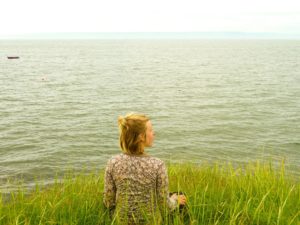
It reminds me of a story I was told by a group of sherpas in a Himalayan village several years ago. Since they work primarily with Westerners, guiding them through the mountains day in and day out, they were offering up some of what they witness in us that is different than their own culture. They easily acknowledge the fast-paced-ness of Westerners, that we just want to keep moving and don’t rest well. That if we say we want something to happen at a certain time, we expect that. It’s different in their culture. There is much more yin time, and time for resting and having tea and connecting with others.
“One time,” Anji Sherpa says, “I was hired to take these two American guys up this mountain range so they could summit. We have 12 days of being out in the mountains and that was plenty of time to acclimate and summit this mountain. On day three, I realized we have been hiking fairly fast up the mountain. The American guys were always at least about 500ft ahead of us and we were carrying their packs while they carried their water. On the fifth morning, I looked at them both and they were pale-looking, irritable, bickering with each other. The vibe was quite intense and I thought to myself, wow, they saved all this money, took this time away from family and from work, and flew halfway around the world to come on this trip and they are not even enjoying themselves. There is no feeling of community, no talking, no laughter, not even any looking around and taking in the beautiful mountain range, just moving forward.”
On the sixth day, Anji decided to call a pause: “We were moving so fast up the mountain that I started to worry about altitude sickness. Plus, sometimes we just need to take a moment and let our spirit catch up to our bodies. The two Americans were not happy about this idea. They even talked about going on without us, but the truth is, they didn’t want to carry their own packs, nor did they know where we were going. They were angry and shouting at us. But instead of getting angry with them, our group of sherpas made tea and invited them to join us. While they weren’t happy at first, they did come around to it. The rest of the trip went really well actually.”
When I hear this, it makes me think about how we live our lives in general and how important moments of pause and rites of passage are. We need to take time to let our spirits catch up with our bodies.
Emma: How do we find rites of passage in our contemporary culture?
Mindi: They are challenging to find, really. Rites of passage were more a part of our traditional cultures around the world. Nowadays, they are more rare. We have to go looking for them. Or they find us by way of illness, like cancer, or a major life upheaval. If we don’t find them, I feel they do end up finding us and demanding our attention in one way or another.
Emma: What has been the importance of rites of passage in your life?
Mindi: I have had several rites of passage in my life, some that I asked for and others that came as a surprise. One rite of passage, which I experienced when I was 12 years old, was a near-death experience that taught me a lot about how fragile life really is. Another was the loss of my father at a young age.
Then when I was in my early twenties, I began seeking out rites of passage in the form of spending intentional time in nature. In fact, when I was 28, I experienced a life-changing rite of passage in the Rocky Mountains that ultimately led to the creation of the nonprofit I founded, Inner Ocean Empowerment Project.
Though this journey was something I sought out intentionally, I had no idea what was going to be on the other side of it. Lo and behold, it was me discovering my purpose and passion for being of service to our world. And as the years after that experience unfolded, it just keeps getting more and more refined.

Emma: What do “purpose” and “finding your purpose” mean to you?
Mindi: It’s interesting how people will talk about purpose nowadays. I hear it discussed as though it is a fixed, static thing and either you uncover it in your lifetime or you don’t. I see it a bit more dynamic than that. I think purpose is rather fluid and is more about a presentation of unique energy, rather than a task.
I do think we each have purpose(s)—I think we each have a gift to offer this world that is unique and important. But instead of tying it to a task like, “my purpose is to save children from poverty,” I see purpose as, “to be as truly Mindi-like as I can possibly be.” And yours is the same for you.
Many of us adopt a framework that is set by the over-culture and doesn’t give us much wiggle room. The more we can work to dismantle this paradigm that has slithered into our worldview, the more we can connect with what is truly ours, uniquely ours, and begin to offer THAT to the world.
I feel that finding one’s purpose is an important (and very hot) topic these days, partly because our over-culture IS getting examined and dismantled. I think we are realizing we do have more power than we once thought. And for many of us, if we know we are going to be able to eat when we are hungry and drink when we are thirsty, it really frees up our nervous system to think bigger than mere survival.
While we could say finding your purpose comes from privilege, I do also see purpose in the individuals I work with in developing countries. There is beauty in struggle, in fact, I might lean towards saying, without struggle, we really don’t know who we are or what we are made of. Struggle can often lead us right into the very heart of ourselves, and it is there where we find “purpose.” This is also why some rites of passage can open our eyes to things we have never seen before. Often rites of passage include some kind of struggle, physical, emotional, or spiritual.
Emma: Why are so many people struggling with that question right now?
Mindi: I think this dismantling of our paradigms is also causing a large-scale evaluation of our personal values. We are beginning to value money less and less (there have been some very interesting studies done on this subject) and want to live a life with more meaning. Instead of higher incomes, employees are asking for other things like more paid time off.
I see this shift happening all around me. People are downsizing their homes and lives and becoming more interested in what’s happening in the world around them. It is such a beautiful thing and something that I sincerely want to support and guide and nurture in myself and in others as much as possible.

Emma: How did your rite of passage experience lead to founding your nonprofit, Inner Ocean Empowerment Project?
Mindi: During one incredibly impactful rite of passage, I found myself in the wilderness for seven days, and three of those days I was alone and fasting from food. While I went through so much and could honestly write a book about my journey during this time, the biggest thing that happened for me was the release of an enormous amount of grief that I had been holding for our world. I think I just cried for days; it was quite cathartic. I didn’t feel depressed by these feelings, they felt so honest and I felt extremely relieved to be identifying and moving these long-held emotions.
And at the end of my time alone, it became clear to me that I needed to channel this grief into service, direct, hands-on, face-to-face, heart-to-heart service. And then when I returned to my life, all the details began pouring in. I ended up starting IOEP and fundraising for the first project: three months in India to support girls who have been rescued from sex-trafficking.
That rite of passage was such a powerful shift for me and I don’t think I would have made this leap into world service without it, or at least not any time soon. My time on the mountain allowed me to shed the layers of gunk I had taken on over the years . . . I got to see myself—what is uniquely mine—and to appreciate it and learn to funnel it.
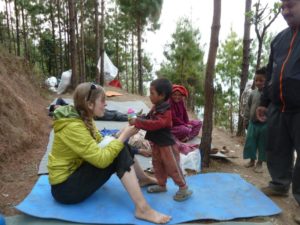
Emma: Who would be a good candidate for the Wild Women’s Quest and what do you think they will take away from it?
Mindi: Because of my incredible experiences with my own rites of passage, I not only attend rite of passage ceremonies, but I will also host them every other year. In fact, this year we are hosting one the first week of August if you are interested!?
This will be a women’s quest, open to all female-identified and/or non-binary persons. I am hosting it with one of my own mentors, Katie Asmus, and we couldn’t be more excited about this gathering of women.
The women who join us will be given this very unique opportunity to create something special for themselves . . . they will be invited to fast and have solo time if they wish. They will be invited to bring their stories, intentions, gifts, questions, and to design ceremonies unique to their needs over the course of 7 days. And, most importantly, they will be surrounded by an incredible community of like-minded women to guide, support, and nourish them on their journey. It’s going to be a beautiful time.
I think the biggest take-away from experiences like this is that you get a glimpse of what it’s like to feel a sense of deep belonging to the earth and to who you really are, underneath all the stuff we think we know about ourselves. Each quest I’ve done, I’ve walked away with wisdom that I draw on for years. It’s like the gifts just never end.
Guest blogger: Emma Sartwell is a writer and student of life, who works and plays in Boulder, CO.

